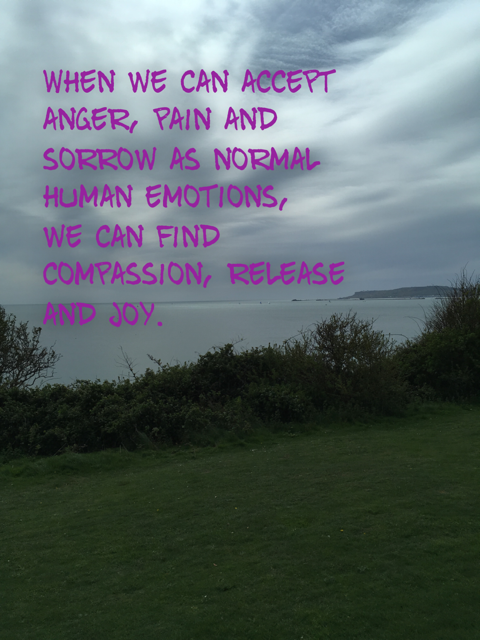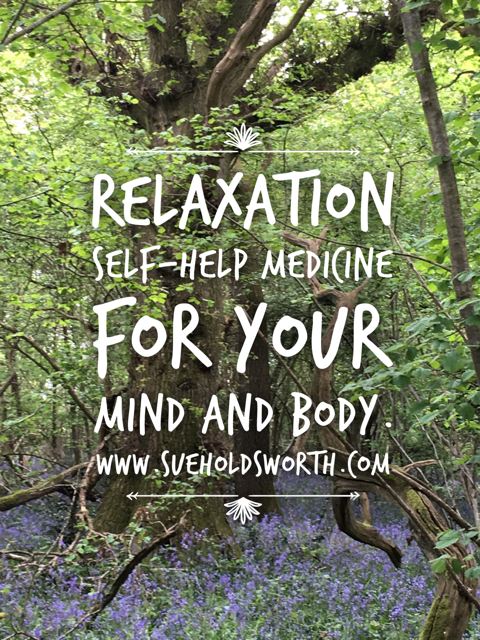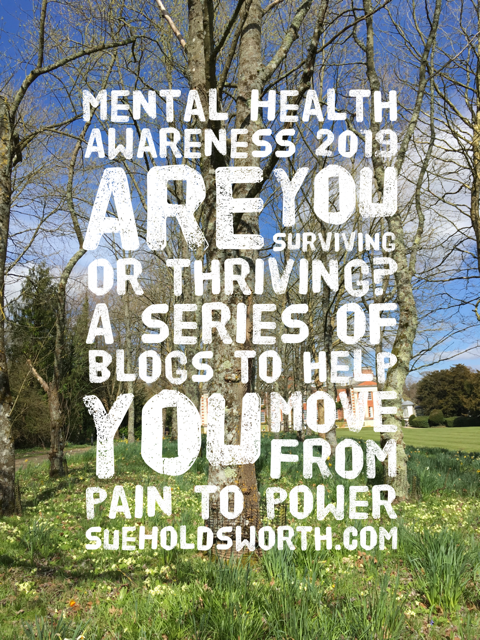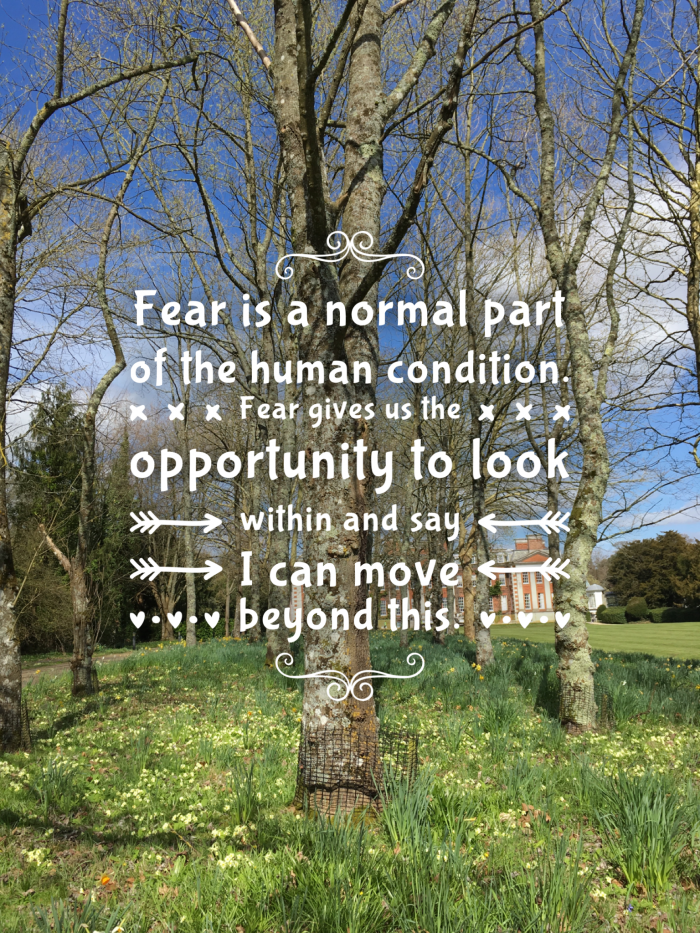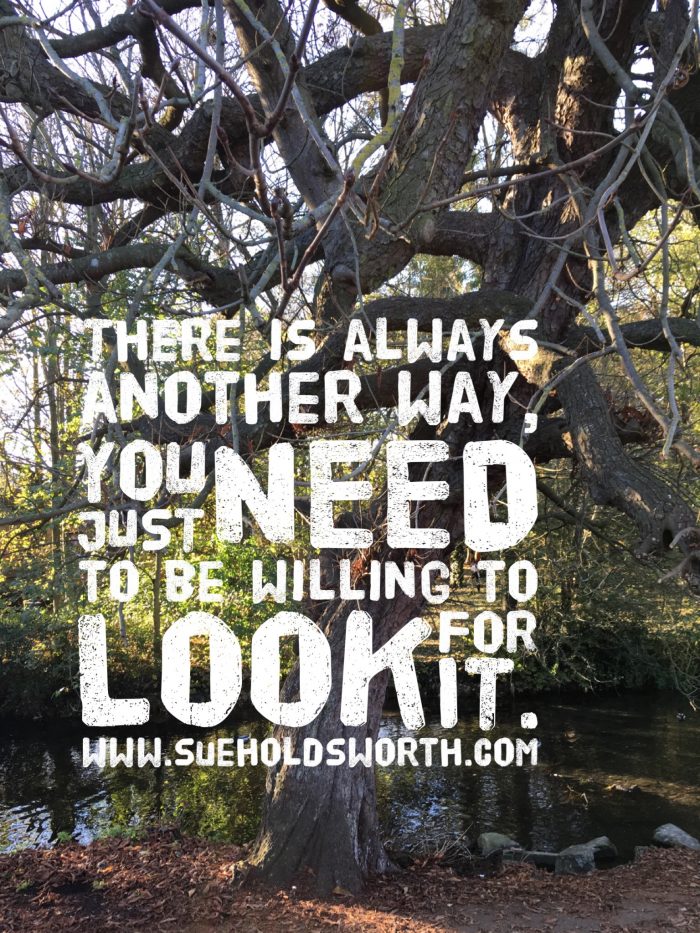 As the new season rolls onwards and the weather begins to get cooler, it can be a really good time to do an emotional inventory of the year so far, so that we can emotionally prepare for the cooler months ahead. With reflection about the year to now, we can identify things that made us feel scared, stressed, anxious or worried or made us feel happy and relaxed.
As the new season rolls onwards and the weather begins to get cooler, it can be a really good time to do an emotional inventory of the year so far, so that we can emotionally prepare for the cooler months ahead. With reflection about the year to now, we can identify things that made us feel scared, stressed, anxious or worried or made us feel happy and relaxed.
With this information we can develop greater self-compassion for our perceived weaknesses and utilise the positives to help us through the difficult challenges that life throws at us. From there we can start carving out a ‘self-help tool kit’, which can help us to weather the negative emotional times in our lives. And for each of us this will be a unique tool kit, as it is based on your own reactions to the experiences that are in your life.
And the ultimate aim of the inward inventory is to identify your triggers from the year just gone, so that you can more easily avoid any tipping points. It helps us to have more control over our emotions and helps us to stay mentally well. And don’t we all want that?
So let’s get to it…… The Emotional Inward Inventory
There are 4 simple (and yet powerful) questions to the inward inventory. For each month of the year we ask 4 questions. I like to begin from last September, as this is normally my own first trigger point for stress and anxiety to kick in, mostly due to the physical and mental changes from summer to autumn.
1 What was my situation this time last year eg Sept?
2 How was I emotionally feeling then?
3 A year on, what has changed externally?
4 A year on, what has changed emotionally?
Here’s an example:
1 Last September ….. my youngster went back to college. I was getting back into work. I was sad that the summer was over. I didn’t feel prepared for the cooler months or the worry about whether they would stay at college.
2 I was feeling… apprehensive about youngster going to college.. would they manage it? Worried about them grinding to a halt again. Anxious that this might have a toll on my health and I wouldn’t be able to work. Angry that life is so stressful right now for me.
3. What has changed externally? I had a really good summer. I now recognise that this can sustain me during the cooler months. I can look back at photos and remember good times. I didn’t have that last summer as I was ill. I have reflected that I got through a very difficult year, and I survived! I have brought more creative pursuits into my life and that makes me feel good. I have reflected that I am still in the same situation with the concern over whether my youngster will go to college, and yet I am emotionally more resilient than I was last year. I am learning to breathe through the difficult times. And take creative breaks just for me.
4. A year on, my emotional state is ..? Stronger. More grounded. I have more positive feelings about my own life. There is more times of joy and happiness in my life now.
So, 4 simple questions to ask yourself about last September (and each of the of the months from the year so far)….
1) What was my situation this time last year?
2) How was I emotionally feeling then?
3) A year on, what has changed externally?
4) A year on, what has changed emotionally?
It can be interesting to discover our own inner answers . And sometimes it can be difficult to do the inventory by ourselves and an impartial counsellor, like me, might be able to help you make sense of what you discover. If this is you, then please drop me a line or give me a call and I can help you navigate through your inventory. It can be a sign of strength to realise you need help, and often life changing when you do seek that help. I wish you luck in your own excavations. And take it gently, as I did.




